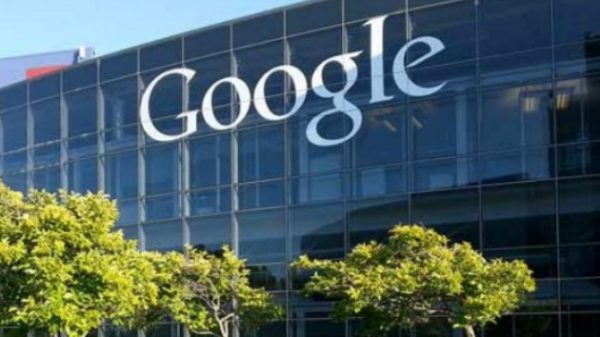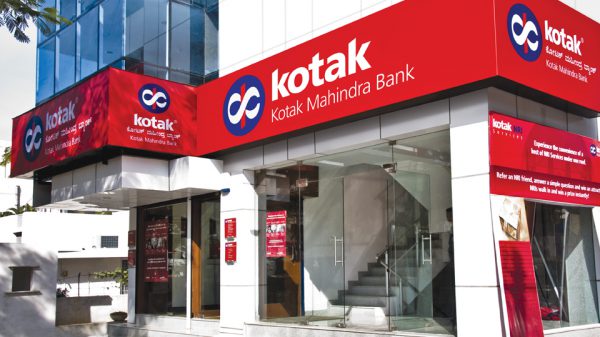Update: Access to social media services in Sri Lanka was restored on May 17, following a four-day block, reports Netblocks. Major internet providers Dialog Axiata and Airtel were the first to restore access, followed by restoration on Sri Lanka Telecom. Note: Restoration of social media services in #SriLanka took over three hours in previous instances; during this time subscribers may experience intermittent access (? see nationwide unblocking on 30 April 2019 for reference) #LKA #KeepItOn pic.twitter.com/lBjDrIDjjx — NetBlocks.org (@netblocks) May 17, 2019 Sri Lanka has once again temporarily banned some social media and messaging services reportedly after mosques and Muslim owned businesses were attacked in wake of the Easter Sunday bombings by Islamist militants, per Reuters. Netblocks confirms that Facebook, WhatsApp, Instagram, YouTube, Viber, Snapchat and Facebook Messenger are blocked on leading internet providers (Update: For the first time, Twitter is now also blocked for all Dialog Axiata subscribers in Sri Lanka, per Netbocks). The violence was reportedly triggered due to a Facebook post by a Muslim resident whose online comment "1 day u will cry" locals said was interpreted as threat of violence. The man was beaten by residents of the mainly Christian town of Chilaw; curfew was imposed in the town through the night. “Social media blocked again as a temporary measure to maintain peace in the country,” Nalaka Kaluwewa, the director general of the Department of Government Information said. This is third time in a month that the Sri Lanka government has banned social media services, all to…





























